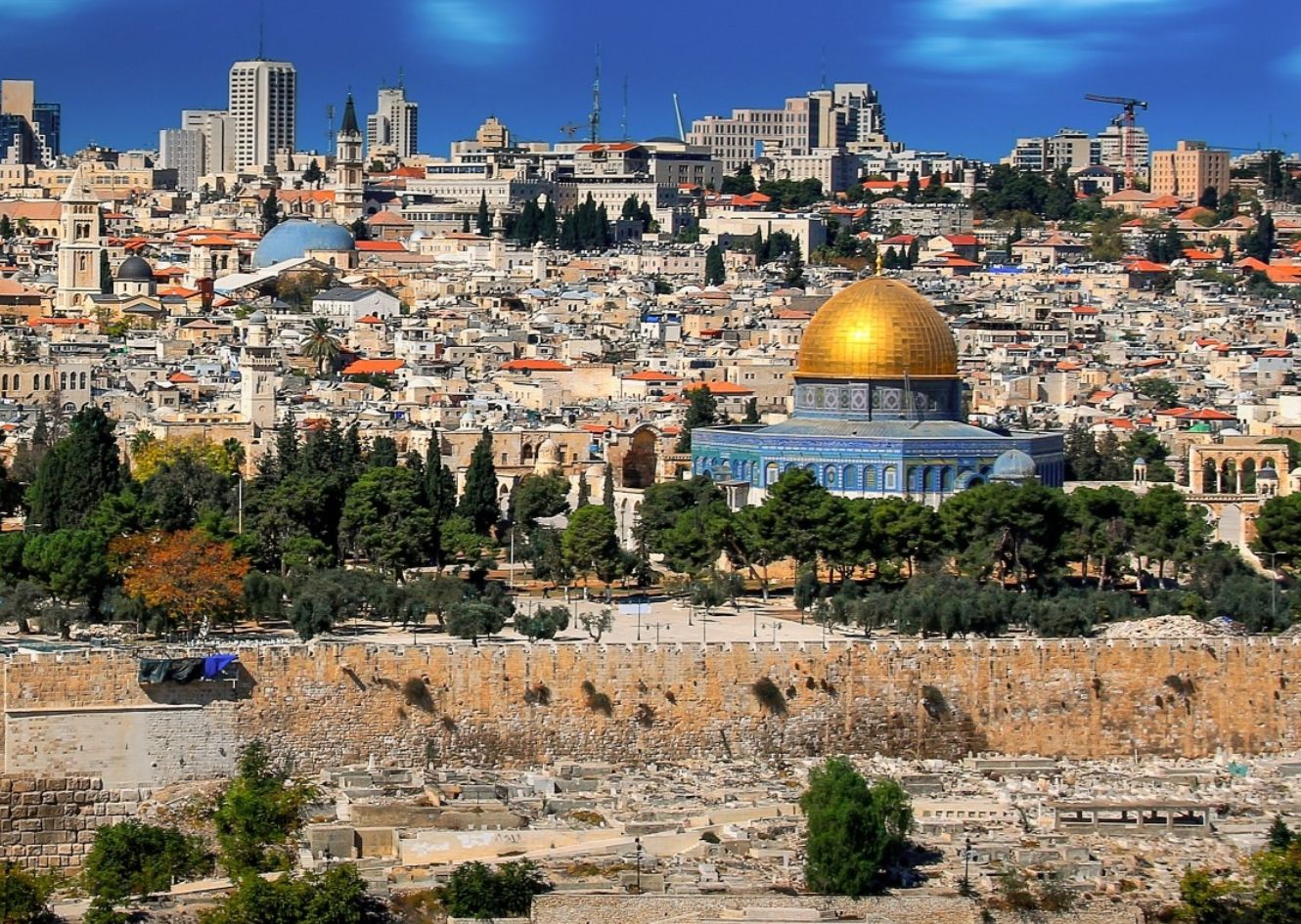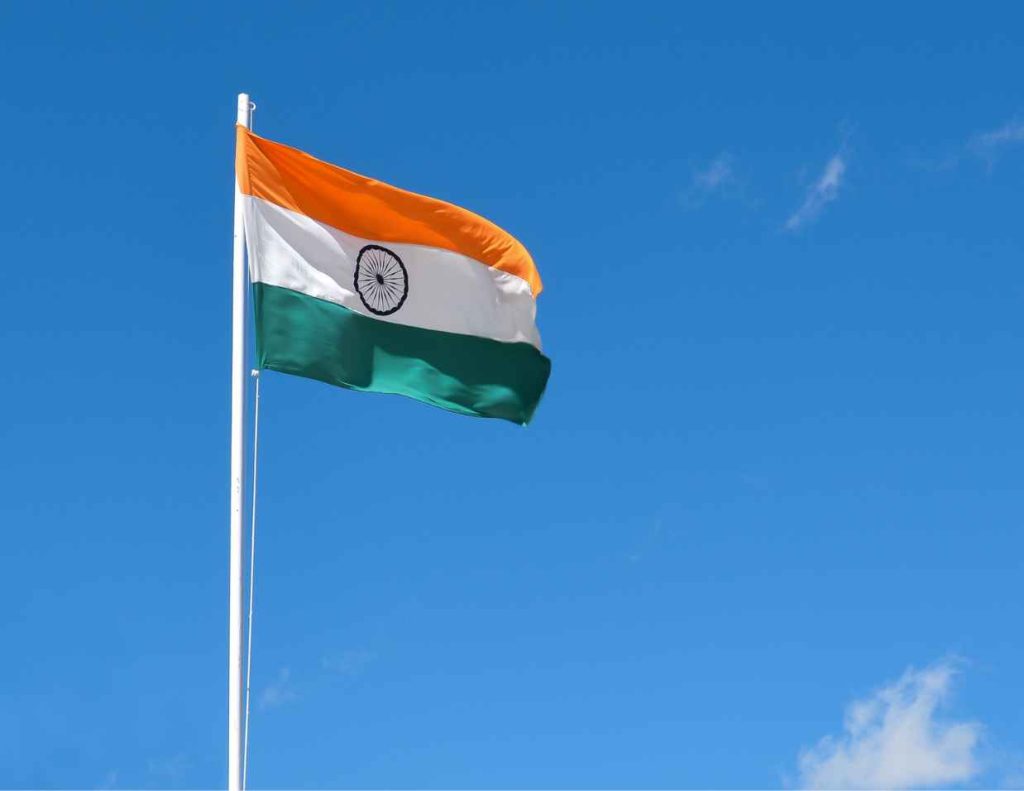Israel And Hamas Conflict Has Global Repercussions

The longstanding conflict between Israel and Hamas has repercussions that extend beyond the immediate battlegrounds of Gaza and southern Israel. Through various geopolitical, economic, social, and religious facets, the conflict possesses the potential to impact nations far from its epicenter. This article examines the mechanisms by which the Israel-Hamas conflict can radiate outwards, influencing dynamics in other countries.
The Landscape of Proxy Wars
The concept of proxy wars is deeply ingrained in the fabric of geopolitical tensions, and the Israel-Hamas conflict offers an intricate case study of how these dynamics manifest in the modern world. The confrontation between Israel and Hamas is not solely a bilateral issue but is enveloped within broader regional and global power plays. There are several proxy dimensions of the Israel-Hamas conflict.
One of the most significant external players in the Israel-Hamas conflict is Iran. Tehran has historically supported Hamas, viewing the Palestinian cause as a strategic lever against Israel. This support includes financial aid, weapons, and training. The partnership aligns with Iran’s broader “Axis of Resistance” strategy, which seeks to counterbalance US and Israeli influence in the region.
Historically, many Sunni Arab nations expressed support for the Palestinian cause. However, in recent years, concerns about Iran’s regional ambitions have led some of these states to view Israel as a potential ally against Tehran. The Abraham Accords, where the UAE and Bahrain normalized relations with Israel, exemplify this shift. Though not directly supporting Hamas, the stance of these nations impacts the broader regional dynamics.
The Influence of External Powers in Israel And Hamas Conflict
The US has been a longstanding ally of Israel, providing it with significant military and financial support. This alliance often places Washington in a pivotal role during escalations in the Israel-Hamas conflict, both in terms of diplomatic negotiations and military implications.
Moscow maintains a nuanced position in the Middle East, fostering relationships with multiple actors, including Israel and some Palestinian factions. While Russia’s direct involvement in the Israel-Hamas dynamic is limited, its broader Middle Eastern strategy, especially in places like Syria, intersects with the conflict.
The backing of powerful patrons can embolden actors. With material and logistical support, confrontations can intensify and prolong, making resolutions more challenging. The involvement of external powers adds layers of complexity to diplomatic efforts. Peace initiatives or ceasefires are not just about addressing Israel-Hamas grievances but also about balancing the interests of external players.
Proxy support often involves the transfer of weaponry and military know-how. It can lead to changes in the tactics and strategies employed on the battlefield. As conflicts escalate and prolong due to external backing, the humanitarian toll—on civilians, infrastructure, and social fabric—increases.
The Israel-Hamas conflict, while rooted in decades of historical, political, and territorial disputes, is intertwined with the larger web of Middle Eastern geopolitics and global power plays. The proxy dimensions of the conflict underscore the need for multifaceted diplomatic approaches that consider not just the immediate actors but also the broader constellation of supporting powers. Only by understanding and addressing these intricacies can sustainable solutions emerge.
Consequently, an escalation between Israel and Hamas can be perceived as a proxy confrontation between Israel and Iran. This adds a layer of complexity, potentially pulling in other regional powers with vested interests.
Global Ramifications of Israel And Hamas Conflict
Worldwide, there are substantial Palestinian and Jewish diasporas. The events in the Middle East can deeply affect the emotions and sentiments of these communities . Protests, rallies, and demonstrations can emerge in far-flung cities from London to Los Angeles. While these are mostly peaceful expressions of solidarity or concern, there exists the risk of localized tensions, confrontations, or even violence.
One of the grave concerns is the potential rise in terrorist activities. The conflict might inspire radicals to commit acts of terror either in support of Hamas or in retaliation against perceived threats to Israel. Such actions can occur anywhere globally, targeting civilians, infrastructure, or symbolic landmarks.
The Middle East holds a pivotal role in global oil production. Conflict escalation can lead to apprehensions regarding oil supply security, affecting global prices. It can have cascading effects on world economies, from energy markets to transportation costs, and can even influence political decisions in countries heavily reliant on oil imports.
The ebb and flow of the Israel-Hamas conflict can prompt nations to recalibrate their alliances and stances. Countries may face internal or external pressures to support one side, potentially causing rifts in international relations or affecting treaty obligations and trade partnerships.
Extended conflicts can birth waves of refugees. A mass exodus from conflict zones creates humanitarian concerns, stretching resources in neighboring countries and possibly requiring international intervention. The movement of these populations can also introduce or amplify social and political tensions in host countries.
World superpowers, including the US, Russia, and China, have strategic interests in the Middle East. Their interventions, whether diplomatic, economic, or military, can amplify the conflict’s scope and introduce new dimensions. Their involvement can be based on longstanding alliances, strategic resource interests, or geopolitical maneuvering.
Other Conflicts In The Region
The outcomes and progress of the Israel-Hamas conflict can serve as a reference point for other conflict zones in the region. Successful tactics or strategies may be emulated, or conversely, certain actions might be avoided based on observed repercussions.
Jerusalem’s status as a focal point for multiple religions amplifies the conflict’s emotional resonance. Actions perceived as threatening the sanctity of religious sites can galvanize communities worldwide, sometimes leading to international incidents or tensions between countries with differing religious majorities.
In today’s interconnected world, media coverage is pivotal in shaping perceptions and opinions. Depending on portrayals, nations might experience diplomatic pressure based on public sentiment, leading them to take stances or make decisions they might have otherwise avoided.
The Israel-Hamas conflict, while geographically centered, has global tentacles due to the intricate interplay of political, economic, and social dynamics. As history has repeatedly shown, disturbances in one part of the world can create a chain reaction, influencing events and decisions in places far removed from the original conflict. Thus, understanding the multifaceted potential impacts of this conflict is crucial for policymakers, economists, and citizens worldwide.
